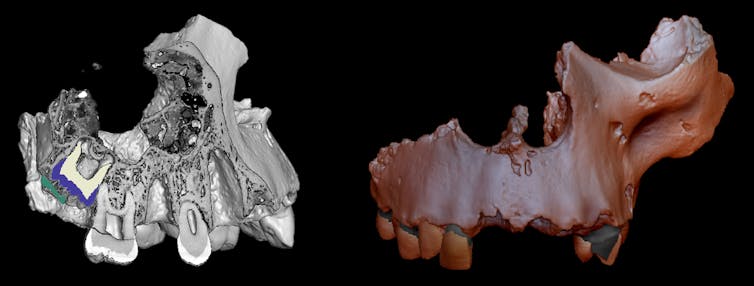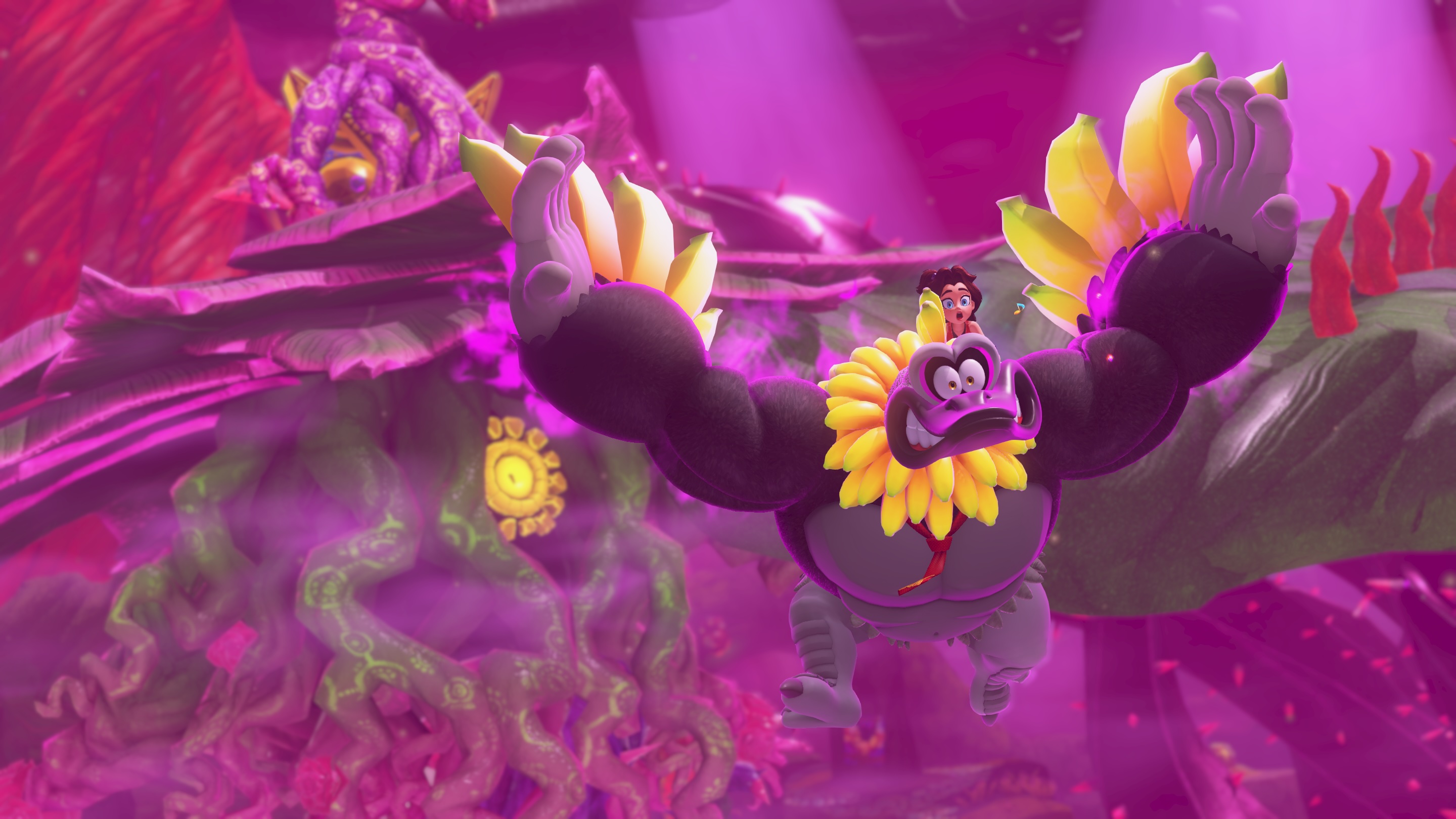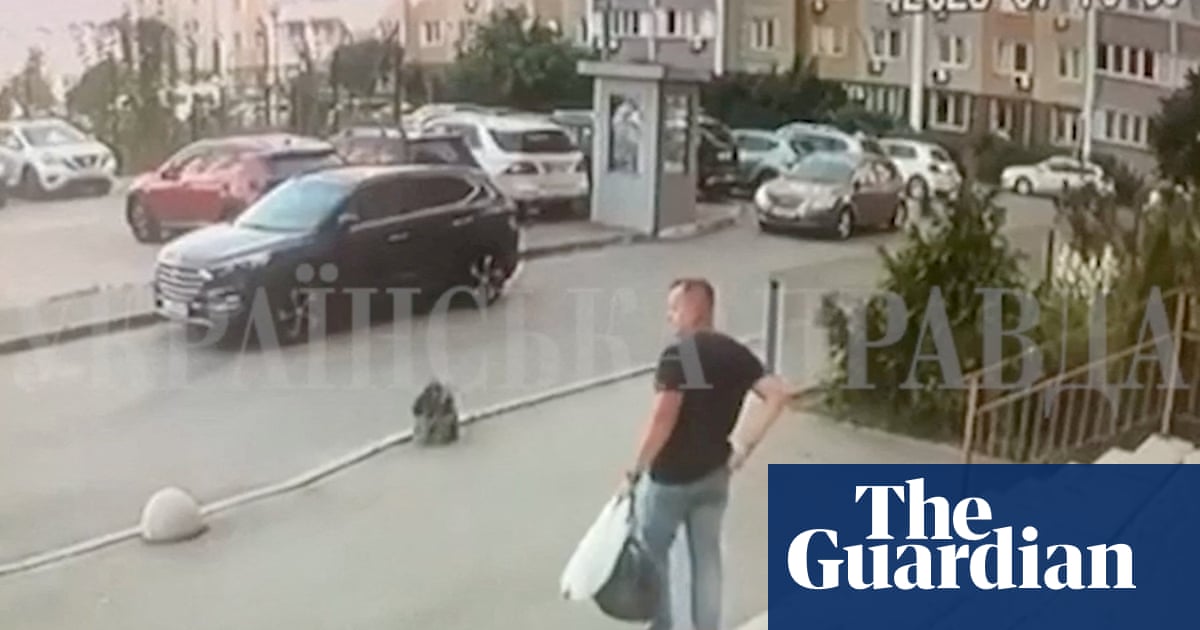The recent amnesty offer by the Serbian government to surrender unregistered firearms has met with resistance from many citizens. Nebojsa Pantelic, for instance, who was part of the security detail that guarded former Prime Minister Zoran Djindjic when he was killed by a sniper in 2003, stated that people in his village are not willing to give up their guns. Most of these firearms are old hunting rifles and family heirlooms.
Although exact numbers of guns in Serbia, both legal and illegal, are hard to come by, a 2018 survey by a Geneva-based group called the Small Arms Survey estimated that there are 2.7 million guns in civilian hands in the country. Serbia ranks third worldwide in per capita gun ownership, following Yemen and the United States, respectively. However, given the sketchy official data from Serbia, these figures may be contested.
Despite its relatively low murder rate, Serbia has a reputation for extreme violence due to a number of gruesome murders connected to organized crime groups. Given the links between the government and organized crime, many citizens mistrust the government’s promises to tackle gun ownership. Tensions caused by Kosovo’s declaration of independence from Serbia in 2008 have also fueled fears and increased the desire for citizens to possess firearms.













